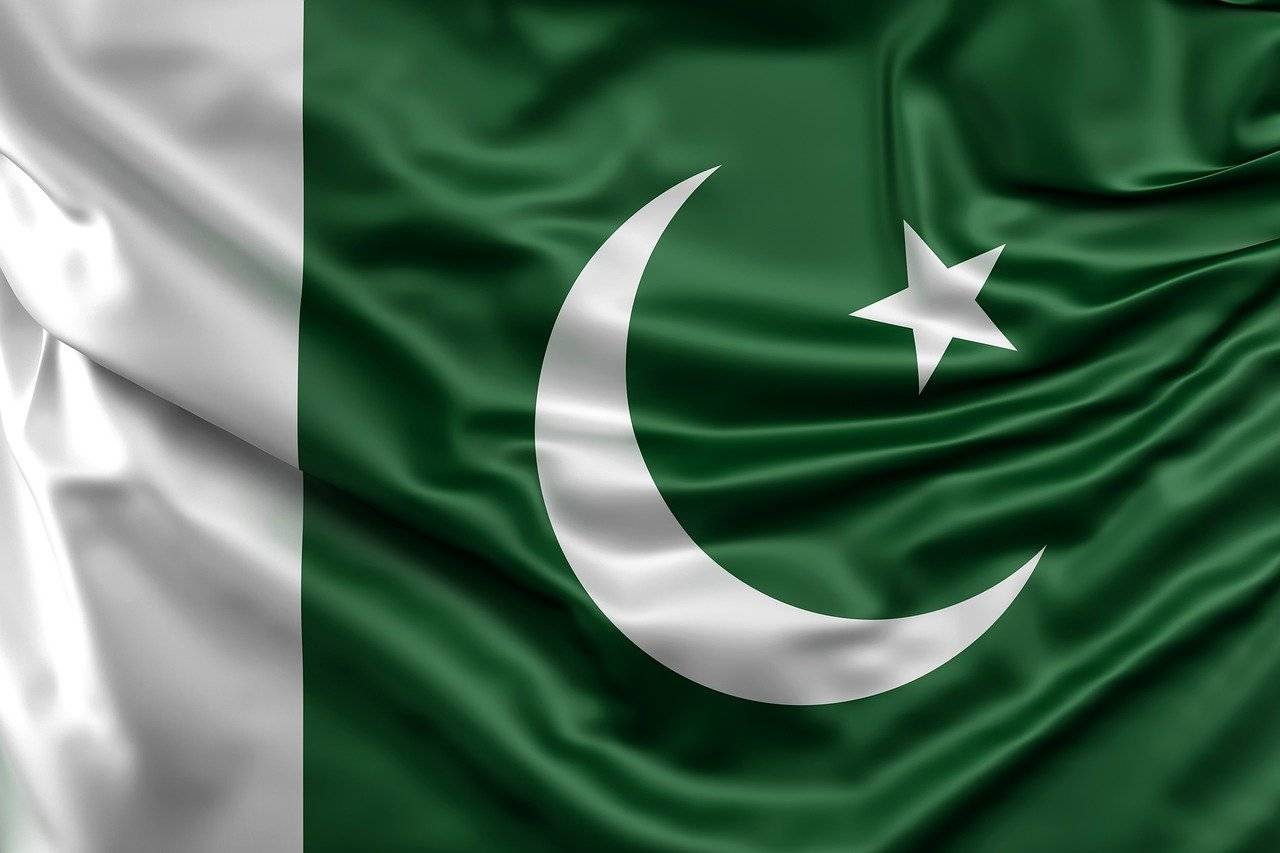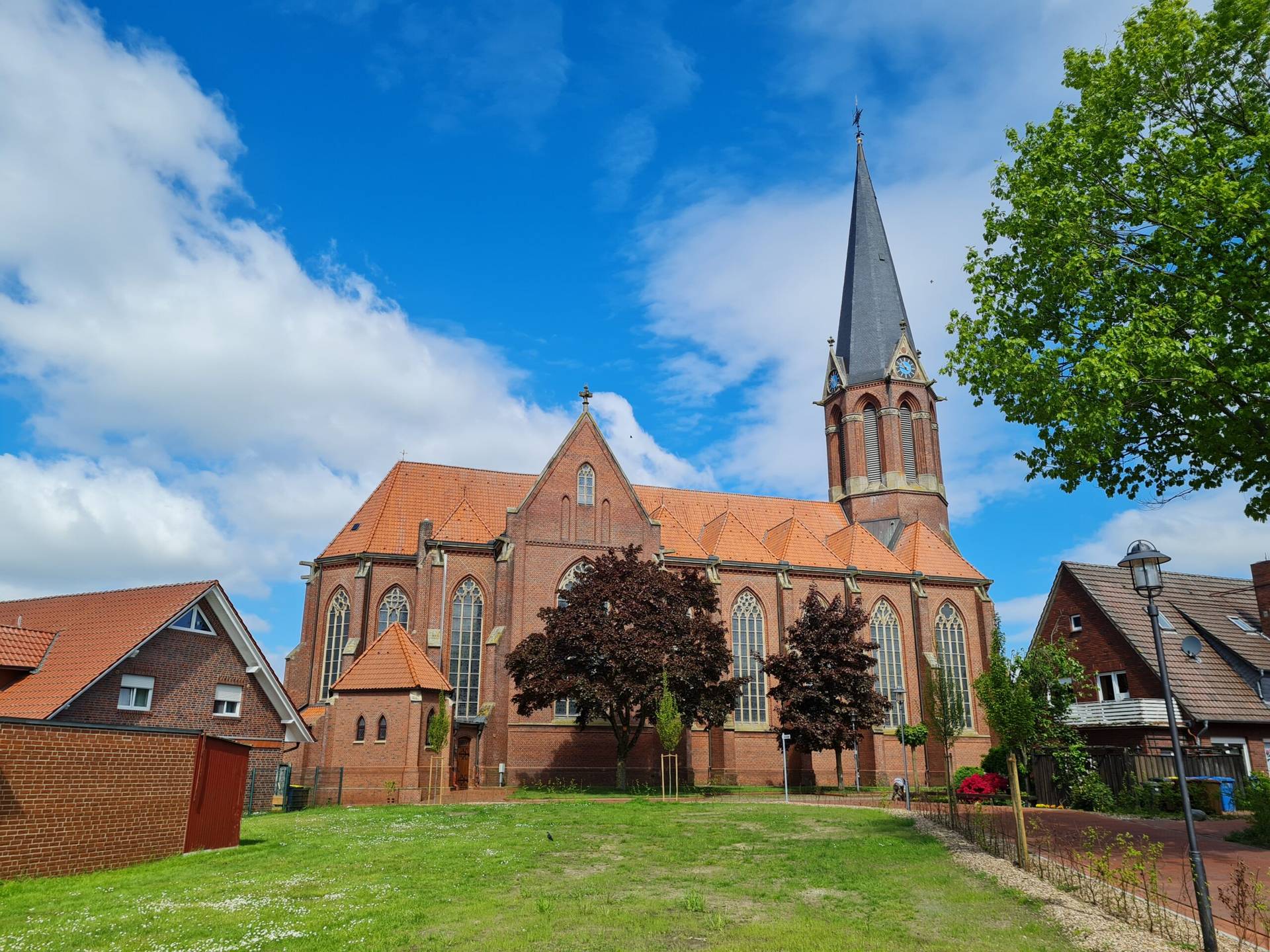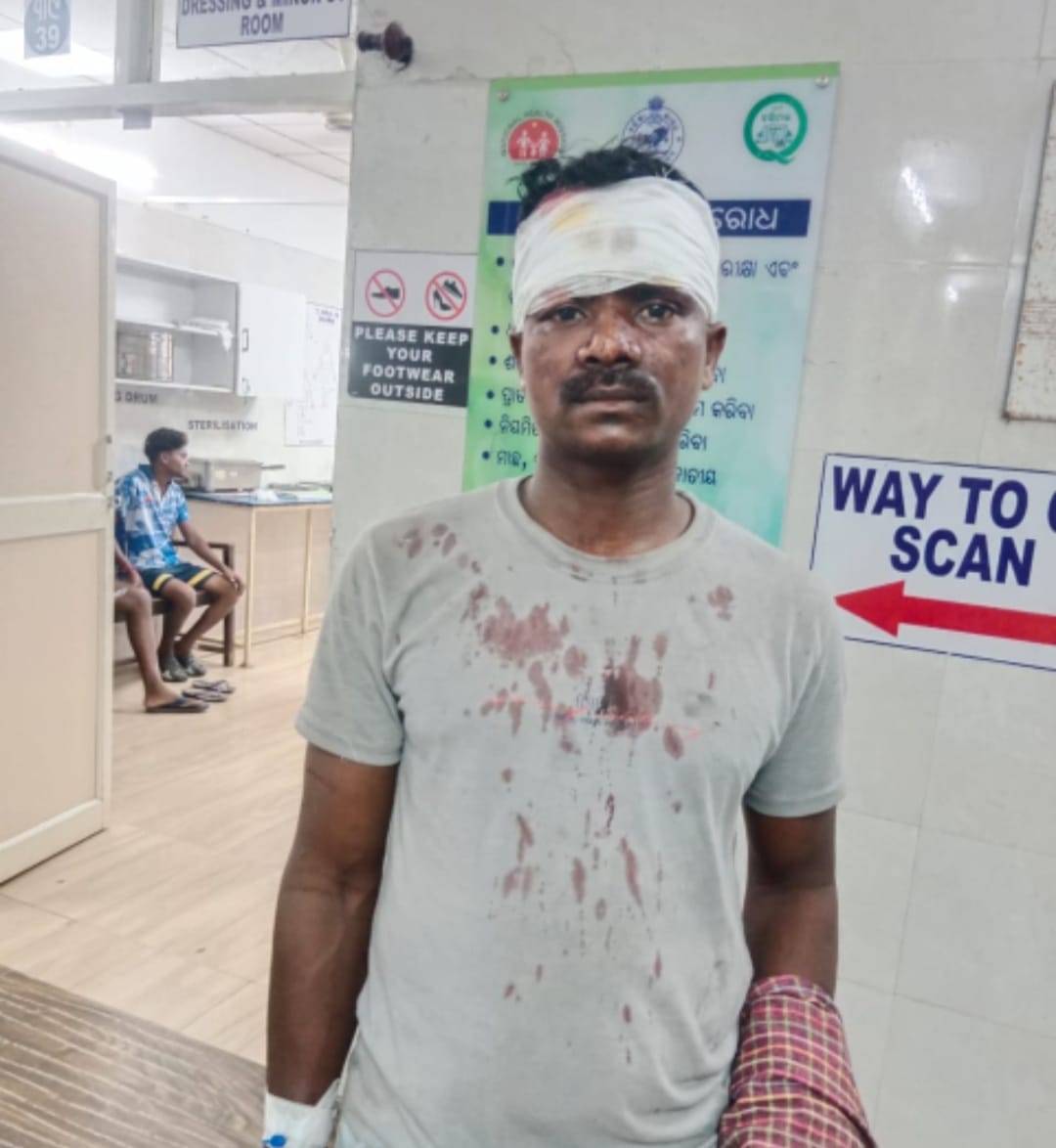ROME – As protests continue in Hong Kong, throwing the city’s future as an autonomous democracy within China into question, Catholics appear split about what exactly their role is in the situation, and just how political they ought to be.
Protests in Hong Kong erupted in June when Carrie Lam Cheng Yuet-ngor, former Chief Executive of the city, issued a bill granting mainland China extradition rights over any Hong Kong resident, including tourists and foreign nationals.
Facing fierce backlash over the move, Lam – a practicing Catholic – suspended the bill, but she did not immediately meet protesters’ demands to withdraw it and resign from her post, prompting millions of locals to take to the streets. At times clashes between police and protesters have turned violent, and several people have been arrested.
From the beginning, the Catholic diocese of Hong Kong has been supportive of the push to kill the infamous bill, with Cardinal John Tong Hon, the current interim leader of the diocese, at one point urging Lam to withdraw it.
Although the bill was eventually withdrawn, by then the unrest had morphed into a movement pushing for greater democracy, with protesters setting out five specific demands, including universal suffrage and an investigation into alleged police brutality.
This Sunday, what organizers claimed was close to one million people turned out for a demonstration organized by the Civil Human Rights Front, protesting the use of tear gas by police against crowds. Many in the crowd could be seen carrying large banners, bearing slogans such as “Free Hong Kong.”
By late afternoon, parts of the city had come to a complete standstill, as crowds attempted to move through the main island close to the main financial hub.
Hong Kong’s new Police Commissioner, Chris Tang, had promised that should things turn violent, police would immediately intervene, but reports suggest the gathering was largely peaceful.
As the action has unfolded, Catholics in Hong Kong have taken various positions on just how much political involvement in the protests is acceptable. Meanwhile, the Vatican has been criticized for its silence, which critics argue is an abandonment of Hong Kong in a bid not to ruffle feathers of the government of mainland China.
For several months, many churches throughout Hong Kong have ended Masses to the tune of Hong Kong’s pro-democracy movement’s unofficial anthem, “Glory to Hong Kong,” and shouting of the movement’s slogans, “Regain Hong Kong. The revolution of our times.”
Yet in a set of guidelines for voting published in the lead-up to a local election on Nov. 24, Hon not only forbade church officials or institutions from endorsing certain candidates, but he also made it clear that priests and religious ought to refrain from getting too politically involved in battles that don’t fall within their competency.
In the guidelines, he urged faithful to vote “under the guidance of their Christian conscience,” stressing that parishes and church organizations ought to spend their time praying for “just and fair elections.”
“Lest the mission of the Church to preach the Gospel be misinterpreted, parishes and Church organizations may not publicly, either directly or indirectly, lobby for or endorse any particular candidate or political party/group in the name of an organization of the Catholic Church, by way of opposition or support,” Hon said in the guidelines.
He also insisted that while it is a civic duty for clergy and religious to vote, “they should avoid causing misunderstandings about their role as representatives of the Church, and should refrain from exercising their religious authority in the political field, in which they have neither special authority nor professional knowledge.”
“Accordingly, they may not stand for elections, nor may they in their own name or as a group, publicly, either directly or indirectly, lobby for or endorse any particular candidate or political party/group, by way of opposition or support,” he said.
Results showed that after a massive voter turnout, more than half of the 452 seats in the district elections flipped from pro-Beijing to pro-democracy candidates, with those who switched hailing from all over the city, both urban centers and rural areas.
Meanwhile, Pope Francis has also been the target of critics who say the Vatican ought to be more vocal in support of the pro-democracy movement.
On a late November trip to Asia, for example, Francis dispatched telegrams to the heads of state of countries in whose airspace he entered, including Lam of Hong Kong and President Xi Jinping of China, but carefully avoided any reference to the protests. The pontiff also referred to the “territory” of Hong Kong and the “nation” of China.
Cardinal Joseph Zen, the former bishop of Hong Kong and a well-known critic of Francis’s China policies, who recently accused Vatican Secretary of State Cardinal Pietro Parolin of “manipulating” the pope on Chinese affairs, published an opinion piece in the Washington Post Dec. 6 in which he took issue with Francis’s silence.
Lamenting that most in Hong Kong “don’t recognize our city anymore,” Zen said the protesters have been falsely characterized as “rioters” and are consistently “being let down by law enforcement, local authorities – and the Vatican.”
Speaking of the more than 4,000 arrests, hundreds of court cases and forcible methods used by police to quell the crowds, Zen said it paints a sad picture, but “there has been a corner of resounding silence. In all these months of demonstrations, the Vatican has not uttered a word of criticism toward Beijing.
“This is regrettable,” he said, but insisted that it “should not come as a surprise. The line followed by the Vatican in recent years when dealing with the threatening China giant has been appeasement at any cost.”
Zen then pointed to Parolin, saying he “is the one who has in his hands the Chinese dossier.” Zen also voiced his adamant disagreement with Parolin’s position on seeking to engage Chinese authorities through dialogue and compromise, saying his fellow cardinal “seems to have other priorities than what is right for the faith. His goal appears to be to reestablish diplomatic relations with China, to make his name in history.”
Pointing to a secret agreement the Vatican made with China on the appointment of bishops in 2018 and a set of guidelines for Catholics in China published shortly after, Zen, as he has in the past, said he believes the Vatican is “selling out the church in China,” and fears “that the same approach is being taken with the Hong Kong protests.”
“The Vatican has yet to make any clear statement on the Hong Kong protests or China’s human rights violations. May God save our church in China,” he said.
Many young people have also taken issue the Vatican’s silence.
According to the Financial Times, Edwin Chow, acting president of the Hong Kong Federation of Catholic Students, recalled hearing from two Hong Kongsters present at a youth event in Rome earlier this year that after asking Francis about the protests, “he just gave a simple response” and said he would pray for the city, but did not voice support.
“How can he say he loves China? I know why, he really wants to have good relations with China so the Vatican can go into China for their mission [work. But I still hope that they can have [an] opinion on Hong Kong,” Chow said.
Follow Elise Harris on Twitter: @eharris_it
Crux is dedicated to smart, wired and independent reporting on the Vatican and worldwide Catholic Church. That kind of reporting doesn’t come cheap, and we need your support. You can help Crux by giving a small amount monthly, or with a onetime gift. Please remember, Crux is a for-profit organization, so contributions are not tax-deductible.

















